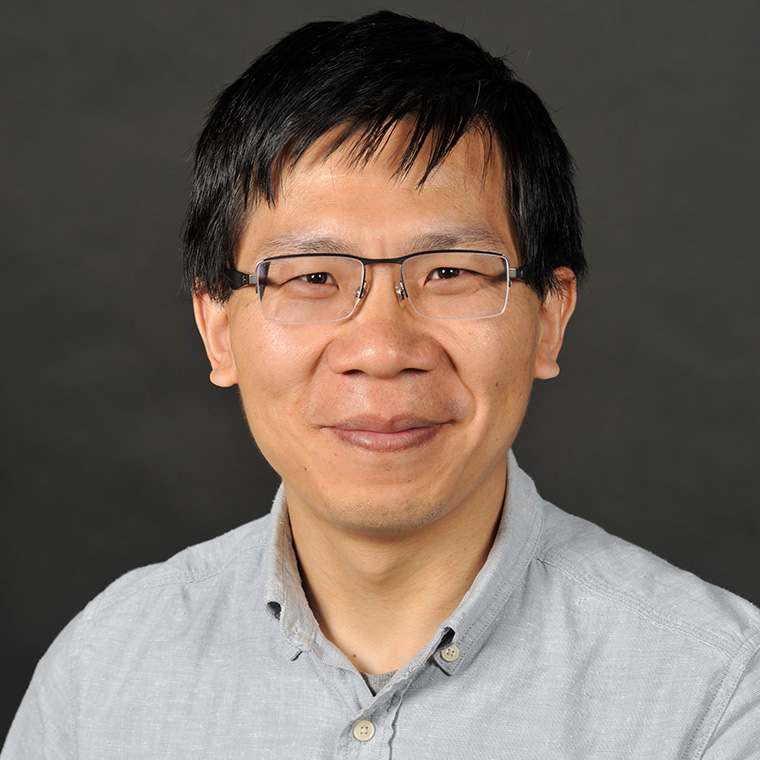

The latest academic paper by Zhixiong Shen, Ph.D., a Coastal Carolina University associate marine science professor, has been chosen as an Editors’ Highlight by Eos.org. The paper is titled "Engineered continental-scale rivers can drive changes in the carbon cycle." Fewer than 2% of journal articles are featured in this way. Eos is a leading source for Earth and climate science news and perspectives.
“It is a great honor to have research highlighted by the editor of a highly selective journal,” Shen said. “This work presents a novel method that can be readily adapted to study other large rivers to measure the impact of river management on the global carbon cycle. A publication like this also increases the visibility of research activity at CCU, which, I hope, can attract more good caliber students to our program.”
Shen’s paper, written in collaboration with Brad E. Rosenheim of the University of South Florida, Torbjörn E. Törnqvist of Tulane University, and Andreas Lang of the University of Salzburg, was first published in the March 2021 issue of AGU Advances. The paper discusses the effects of river engineering on carbon cycling and the delivery of carbon to the ocean, using the Lower Mississippi River as an example.
“The research started in 2012 when I was a research assistant professor at Tulane University and continued at CCU,” Shen said. “It began from research to investigate how the pristine Mississippi River built the Mississippi River Delta in southern Louisiana. We employed the state-of-the-art method to use the luminescence signal of quartz to measure when the Mississippi River sediments were deposited to build the delta. We quickly realized that we could take advantage of the luminescence age of the quartz to study the source and composition of organic matter that adhere to the quartz and other minerals carried by the ancient Mississippi River.”
Shen says that large rivers such as the Mississippi are known to play a vital role in transporting organic matter from the land to the oceans and releasing a large amount of CO2 into the atmosphere as some of the organic matter is oxidized during transit. He adds that rivers such as the Mississippi have been managed by the construction of dams and artificial levees for navigation and flood controls. Therefore, the researchers examined how these engineering modifications might have changed the role that rivers played in the global carbon cycle.
The research findings included some unexpected discoveries.
“We were pretty surprised to find that the engineered Mississippi River is more effective in carrying the young organic matter to the ocean in comparison to the pristine one,” Shen said. “This is in contrast with our original hypothesis because we postulated that the river locked by artificial levees would erode its bed to bring in significantly aged and stable organic matter. It turns out that the artificial levees also cut the river off from its massive floodplain, where fresh and young organic matter were stored, oxidized, aged, and then added to the river.”
Shen earned a bachelor’s degree from Peking University, China, in 2002, and a Ph.D. from the University of Liverpool, England, in 2007. He then worked as a postdoctoral researcher and a research assistant professor at Tulane University from 2007-2014 before joining CCU’s marine science program.
“At CCU, I have enjoyed the balance between teaching and research, the enthusiasm CCU students have for marine science, and the proximity of the campus to many of my study areas,” Shen said.
Shen’s latest research involves studying flooding before instrumental records, known as paleoflooding.
“My current research focuses on studying extreme paleofloods using sedimentary records, investigating alluvial and coastal landform development and evolution, and their responses to climate change,” Shen said.